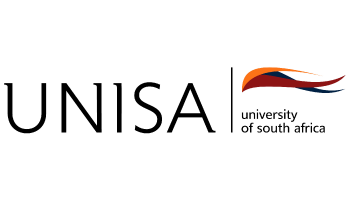Nutrition-related diseases and disorders remain a problem in South Africa, especially among vulnerable groups such as babies, children, teenagers and old people. This degree equips students to make a positive contribution by focusing on community agriculture, nutrition and education. It consists of four levels.
Type: undergraduate degree
Duration: 4 years full time
Compulsory Subjects
First year subjects:
- Principles of consumer science
- Applied science practical
- End-user Computing
- Business management
- Business management
- Food preparation
- Introduction to nutrition and energy yielding nutrients
- Nutrition and nutrient deficiency diseases
Second year subject:
- Ecosystems
- Management as a process
- Development of resources
- Resource allocation and gender
- Food preparation
- Food preparation practical
- Nutritional care
- Pregnancy and infant nutrition
- Nutrition through the life cycle
- Nutrition and physical fitness
- Introduction to Sociology
- Societal structures and processes in the South African context
- Customer behaviour
- Household and production environment
- Anthropometry and space manipulation
- Appropriate technology
- Personal management
Third year subjects:
- Nutrition Education
- Nutrition education and development
- Nutrition education and extension
- The community nutrition facilitator
- Community agriculture production
- Food behaviour
- Food security
- Indigenous cuisine
- Sociology of families and social problems
Fourth year subjects:
- Health and nutrition policies
- Agricultural policies
- Strategic MGMT in non-profit organisations
- Resource allocation and participation
- Monitoring and evaluation
- Designing a project
- Food preservation
- Food processing
- Chronic lifestyle diseases
- Infectious diseases
- Nutrition and health promotion
- Strategies to improve nutritional status
- Theories of social change
Careers: community nutrition facilitator, nutrition educationist, community project manager.
Source: www.unisa.ac.za
